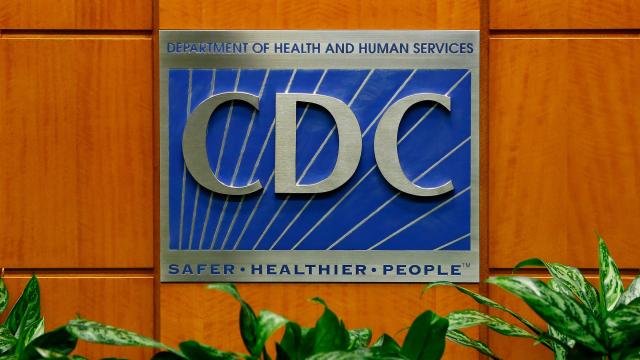The Centres for Disease Control and Prevention is expanding the list of people it considers to be at higher risk of severe covid-19. Its new guidelines, published Thursday, say that people living with many chronic conditions including diabetes, kidney disease, and sickle cell are more likely to develop a serious case of the viral illness, outside of other considerations like age.
Previously, the CDC’s guidance on severe risk from covid-19 largely focused on older adults, who do indeed have a higher risk of life-threatening illness, hospitalisation, and death from the coronavirus. But it’s become obvious that people of any age can contract the virus that causes covid-19 and become seriously sick or die as a result, especially if they have other underlying health conditions. The new guidelines by the CDC are meant to reflect these added risks, based on the level of evidence we have for their role in disease severity.
At the top of the list are conditions for which strong evidence exists for increasing the risk of severe covid-19. These include serious heart disease, such as previous heart failure; chronic kidney disease; COPD; obesity; and type 2 diabetes. Next are conditions where there’s mixed evidence that they can make covid-19 worse. These include asthma; hypertension; pregnancy; smoking; and using drugs that suppress the immune system. Finally, there are conditions where some limited evidence exists that they affect covid-19 severity. These include HIV; type 1 diabetes; liver diseases; and the inherited blood disorder thalassemia.
Some of these conditions had already been mentioned publicly by the CDC as potentially increasing a person’s vulnerability to coronavirus. But this appears to be the first time that the agency has laid out these conditions by their level of evidence. New additions as of Thursday include being a solid organ transplant recipient, and among children, being born with certain metabolic conditions and having neurological conditions.
Previously, the CDC said that people with “severe obesity,” meaning a body mass index greater than 40, were at higher risk of severe covid-19. Today’s update lowers that threshold to include people with obesity, meaning a body mass index greater than 30.
Advanced age remains an important factor for covid-19 severity, one that would further compound the risk for people with these medical conditions. But there are wide swathes of the population who are still vulnerable to covid-19 even if they’re relatively young. An estimated 13 per cent of Americans between the ages of 45 and 64 have type 2 diabetes, for instance.
